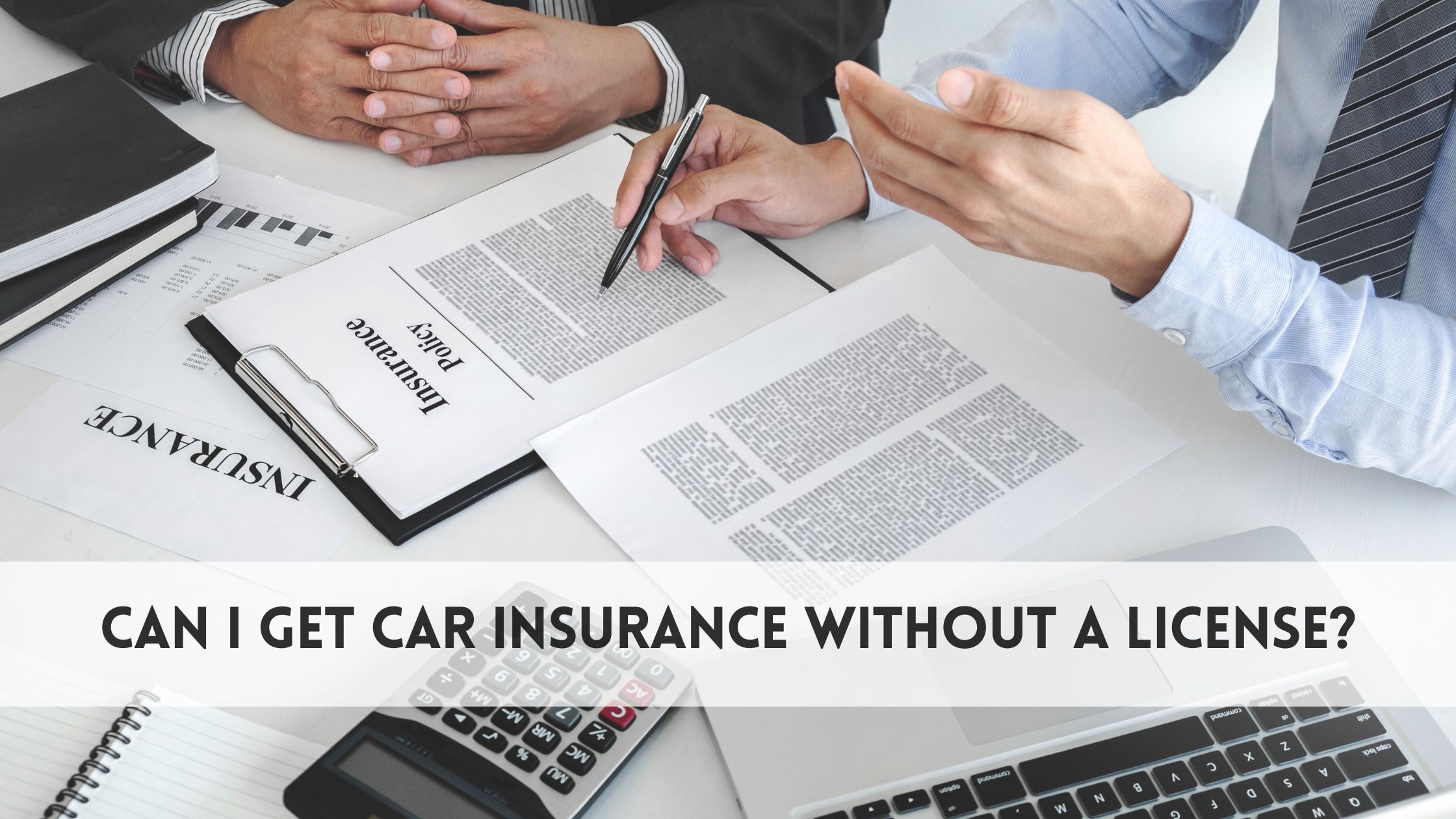How Does Workers’ Compensation Insurance Work?

If you own a small business, you will have insurance needs that go beyond your personal policies. Running a business opens you up to a wide range of different liabilities, including the possibility of your employees sustaining injuries or illnesses on the job. Workers’ compensation insurance is designed to provide coverage for an employee’s medical treatment for work-related injuries and illnesses. It is required by law in most states, and it can provide peace of mind for both you and your staff.
As you assess your commercial insurance needs for your small business, it’s worth learning a little more about how workers’ compensation insurance works and why you need it. Continue reading for a closer look at how this type of insurance will protect your business and its most valuable asset, your employees.
What Is Workers’ Compensation Insurance?
No job is without its risks. Even in office environments, employees are susceptible to injuries at work. Workers’ comp coverage is intended to cover medical expenses, lost wages, and disability payments.
In addition to providing coverage for these costs, workers’ compensation insurance also protects your business from legal liabilities. In most cases, employees cannot sue their employers for work-related injuries. One exception, however, is when employers do not have the workers’ compensation insurance mandated by state law.
Workers’ compensation insurance provides coverage for most injuries at work or illnesses directly related to workplace conditions. It typically will not cover stress or psychiatric illnesses, self-inflicted injuries, injuries that occur during a commute to or from work, or injuries sustained while violating company policies.
Which Types of Businesses Need Workers’ Compensation Insurance?
In most states, small businesses must attain workers’ compensation insurance as soon as they hire their first employee, regardless of the industry your business is in. Still, every state’s laws are slightly different. Hull Maynard Hersey Insurance serves clients throughout Vermont, New Hampshire, Maine, New York, and Massachusetts. If you do business in any of these states, we can walk you through your coverage requirements and pair you with a policy that’s right for your business.
What Happens When an Employee Files a Claim?
When an employee does sustain an injury at work, you’ll want to be prepared to handle the workers’ comp claim efficiently and accurately. You should provide your employees with training on what to do in the event of an injury and clearly post contact information for the person responsible for handling workers’ compensation claims. Typically this will be a manager or member of your HR team.
- Reporting the Injury – A wide range of injuries and illnesses may be covered by workers’ compensation insurance. Some may be sudden injuries, such as broken bones caused by a fall on a slippery floor or a forklift accident. Other injuries may develop over time, such as carpal tunnel caused by repetitive stress. Any injury should be reported by employees as soon as possible. In some cases, the injury may require immediate treatment in the ER or an urgent care facility. For less serious injuries, employees may be directed to a non-emergency physician within your insurance provider’s network.
- Filing an Insurance Claim – A workers’ compensation claim may be filed before or after medical care is received for the injury. The timeline will depend on the severity of the injury, state laws where your business is located, and your insurer’s preferred processes. A written record of the injury will be made, including the date, time, and nature of the injury, as well as the circumstances under which it occurred. Employees must also be notified of their rights when they are injured on the job. Claims may include witness statements, medical paperwork, and other documentation to be submitted to your insurance provider.
- Claim Approval – After a claim is filed, there may be an investigative process performed by your insurer to assess the legitimacy of the claim. While medical expenses for most workplace injuries are the responsibility of the employer, there are some factors that could disqualify an employee from receiving coverage, such as failure to pass a drug and alcohol screening. If the claim is approved, the insurance company will provide an offer to be reviewed by the employee (employees may also choose to consult an attorney to help them navigate their coverage). Upon accepting the offer or negotiating for a larger settlement, funds will be distributed from the insurance provider. The payment offer may include funds to cover medical treatments, medication, disability payments, and time lost at work. If the claim is denied, your employee may file a request for reconsideration with the insurer or file a formal appeal at the state level.
- Return to Work – Part of an employee’s medical treatment will include a provider’s clearance for the employee to safely return to work. In the event of severe injuries where employees are unable to return to work, insurance may provide coverage for permanent disability benefits. In some cases, employees may return to work with modified duties to avoid reinjury.
Hull Maynard Hersey Insurance can assess your small business’s insurance needs and help you select the right coverage to protect your business. We are an independent insurance agency offering policies from many trusted carriers, so you always get the right coverage for your business’ needs. Contact us today to get a free quote.



